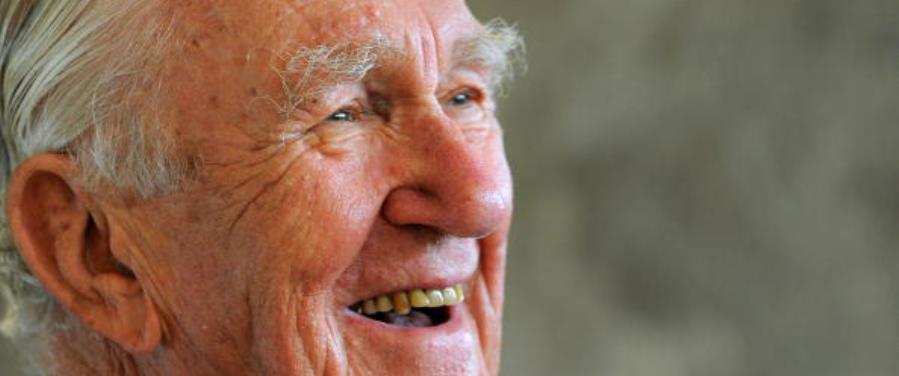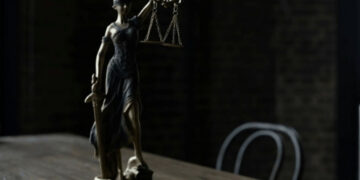Upon the death today of Malcolm Fraser we remember his political combativeness as well as his genteel wisdom, through the former Australian prime minister’s own words.
A true ‘liberal’, throughout his life Fraser was an outspoken champion of multiculturalism and humanitarianism.
About becoming prime minister and the man he replaced
“There was one sort of trauma in having an election forced. There would have been another sort of trauma in having that government stay in power for another six of seven months.”
– Malcolm Fraser on replacing the Whitlam government following its dismissal.
“The line’s broken. In this world, anyway, it’s broken forever.”
– At the death last year his former nemesis, Gough Whitlam, whom he came to befriend in the pair’s latter years.
On multiculturalism and refugees
“We used to have a view that to really be a good Australian, to love Australia, you almost had to cut your links with the country of origin. But I don’t think that was right and it never was right.”
– A champion of multi-culturalism, speaking at the opening of the SBS television channel in 1980.
“If they are genuine refugees, there is no deterrent that we can create which is going to be severe enough, cruel enough, nasty enough to stop them fleeing the terror in their own lands.”
– Fraser on Australia’s policy towards refugees and asylum seekers.
“Australia is now known around the world as the most inhumane, the most uncaring and the most selfish of all the wealthy countries.”
– Again, being critical of the country’s recent asylum seeker policies.
“Secrecy is completely inadequate for democracy but totally appropriate for tyranny.”
– Fraser writing in the Sydney Morning Herald in 2014 about asylum seekers.
“I believe there is a special obligation on Australians who have come or whose parents have come here in the post-war years, to work for and maintain that Australia, because that is the Australia they came to, that is the Australia that has received them so warmly and that is the Australia to which they have already contributed so much in so many different ways.”
– Speaking to the Australian Refugee Association Oration in 2011.
On Indigenous Affairs
“Reconciliation requires changes of heart and spirit, as well as social and economic change. It requires symbolic as well as practical action.”
– Malcolm Fraser, who as prime minister was prominent in the advancement of Aboriginal land rights, speaking on National Sorry Day 2003.
About politics and the modern Liberal Party
“The departures from the principles underlining that Liberal Party are substantial and serious. The party has become a party of fear and reaction. It is conservative and not liberal. It has not led positive directions, it has allowed and, some would say, promoted race and religion to be part of today’s agenda. I find it unrecognisable as liberal.”
– Bemoaning the direction of the contemporary Liberal Party. Fraser resigned his life membership of the party he led, in 2009.
“He’s just survived a near rebellion from his own party and he has demonstrated since then that he has not changed, he has not learnt, he has behaved in the same bully-boy fashion, which is a reputation that has haunted him since long before he was prime minister.”
– Fraser hardly concealed his disapproval of the Liberal Party’s current leader, Tony Abbott, earlier this year following the leadership spill vote.
“If there were six [Nelson] Mandelas around today, a couple in Europe, one in America and in a couple of other places, there wouldn’t be any wars.”
– The former PM in a 2011 interview. When in office, Fraser was instrumental in the international co-ordination of sanctions against Apartheid South Africa.
“You have to be an optimist. Why involve yourself in issues of public policy unless you are?”
– Malcolm Fraser on the essence of his approach to politics.
IMAGE: Former Australian prime minister Malcolm Fraser was Australia’s 22nd prime minister, holding the position from 1975 to 1983. He was the first Australian politician to describe the nation’s future as multicultural. His federal government was the first to pass Aboriginal Land Rights and Freedom of Information legislation. He passed away on 20 March 2015, aged 84, after a short illness. (WILLIAM WEST/AFP/Getty Images)








 Explore top-rated compensation lawyers in Brisbane! Offering expert legal help for your claim. Your victory is our priority!
Explore top-rated compensation lawyers in Brisbane! Offering expert legal help for your claim. Your victory is our priority! 

 "
"


